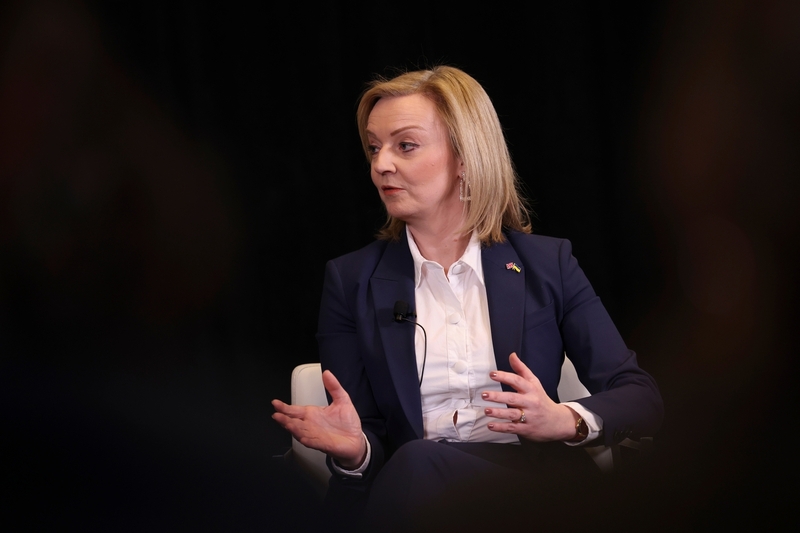Dear visitor,
You're reading 1 of your 3 free news articles this quarter
Register with us for free to get unlimited news, dedicated newsletters, and access to 5 exclusive Premium articles designed to help you stay in the know.
Join the UK's leading credit and lending community in less than 60 seconds.
Truss “strongly” considering energy bill freeze
Liz Truss is reportedly considering freezing energy in a bid to support households over the winter.

Senior Journalist, covering the Credit Strategy and Turnaround, Restructuring & Insolvency News brands.
The foreign secretary is expected to be announced as the next leader of the Conservative party later today (5 September), taking on the role of Prime Minister following Boris Johnson’s official resignation tomorrow (6 September).
Reports in The Times suggest the package being devised to deal with growing energy bills this winter is understood to be on the scale of the Covid furlough scheme.
Senior Tories lined up for appointments in Truss’s cabinet have been told “in no uncertain terms” not to scorn the idea that energy bills could be frozen, while industry sources have said a price freeze for consumers was “the only conversation that anyone was having with the government”.
One source told the outlet: “The plan is to introduce some kind of artificial price cap for consumers combined with a mechanism for reimbursing suppliers. Plans are reasonably well advanced and involve not just civil servants but also ministers lined up for jobs by Truss.”
The source added the level of the price cap has not been set and businesses - particularly hospitality and retail - would need separate support. One senior government figure, meanwhile, said the scale of the package being looked at would “at least” be in the region of £69bn.
Truss, who is expected to become the next Conservative party leader at around lunchtime today, has pledged to announce her energy support package within a week of taking office and will disclose plans for tax cuts in a financial statement within the month.
These reported plans come just under a month after Labour party leader Sir Keir Starmer proposed similar plans to freeze the price cap, at a cost of £29bn over the winter. This could be funded by - amongst other things - extending the scope of the windfall tax on energy companies, which would raise about £8bn.
It could also be funded by halting the proposed £400 payments for all households offered by the government to compensate for the price cap rise scheduled for October, saving £14bn, and lowering government interest payments on debt, saving £7bn.
Stay up-to-date with the latest articles from the Credit Strategy team
Get the latest industry news






